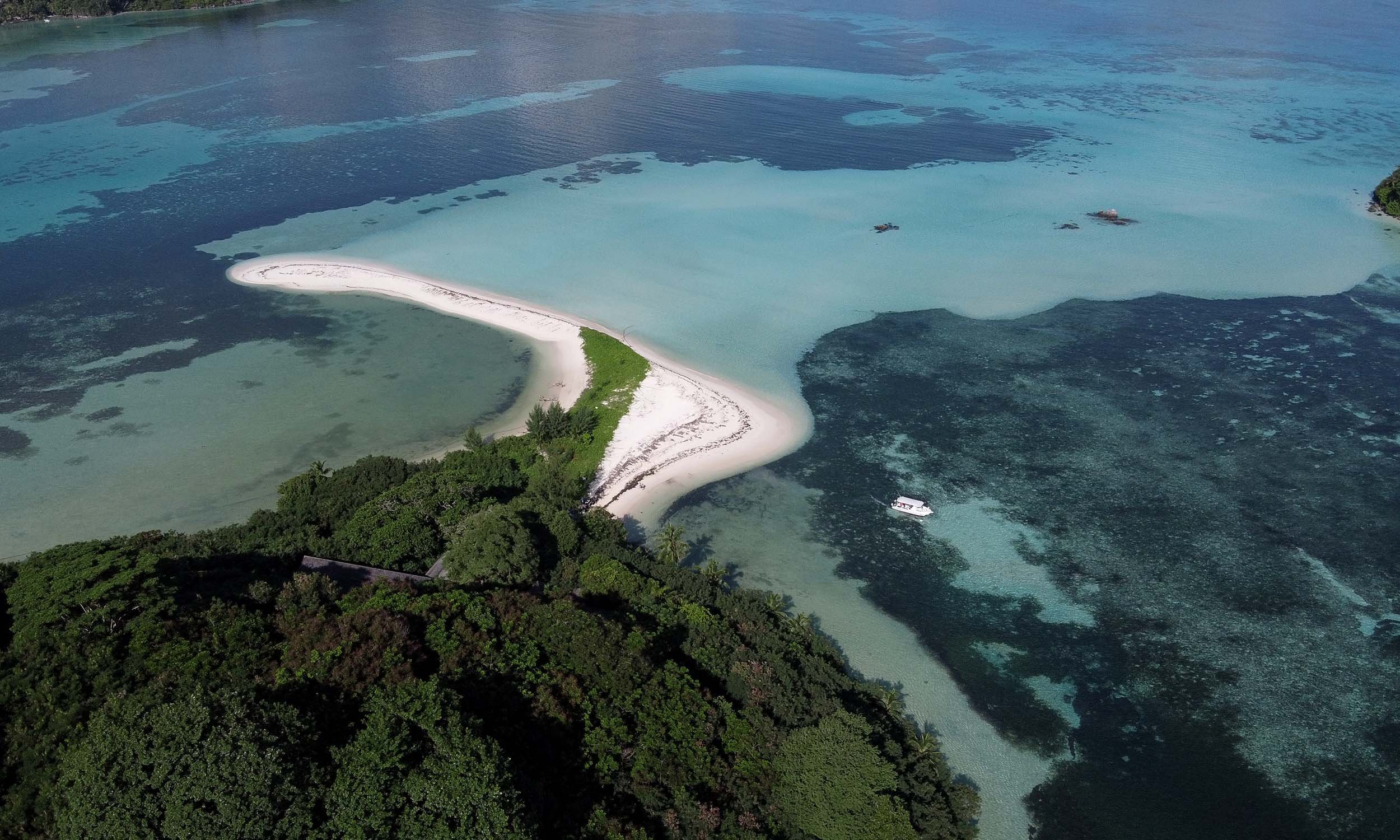Tracking the world's largest illegal fishing fleet
In a new investigation, Parley collaborator Ian Urbina travels to the East Sea and uncovers the world’s largest illegal fishing fleet and its deadly toll on people and marine life
All images and video: The Outlaw Ocean Project
Parley collaborator and award-winning journalist Ian Urbina has spent more than five years exploring the complex world of Illegal, Unreported and Unregulated (IUU) fishing and other high seas issues as part of his ongoing project, The Outlaw Ocean. His latest investigation took him to the East Sea off the Korean Peninsula, where he documented the largest illegal fishing fleet yet discovered – operating with impunity in violation of UN sanctions off the coast of North Korea.
Ian partnered with Global Fishing Watch and an international team of academics to track down the huge fleet of squid fishing vessels by comparing data from various satellites. Because illegally-operating fishing boats can turn their locational transponders on and off at will, the organization uses surface-scanning radar, infrared imaging and optical detection satellites to monitor these vessels from space. Squid fishing boats use bright lights at night to attract their catch, so are easy to pick out among other ships. Combining this data, the team detected a massive fleet of over 800 Chinese vessels illegally plundering the waters off North Korea.
Beyond decimating local populations of Pacific Flying Squid, which have declined by more than 70%, the vast and aggressive fleet is likely driving North Korean fishermen in smaller wooden boats further out to sea, where many of their engines either break down or run out of fuel. Drifting on the open sea, many of them never make it home. In 2019, more than 158 of these ‘ghost boats’ washed up on Japan’s coast, many with dead bodies inside. So many North Koreans have disappeared at sea in recent years that port towns like Chongjin are now called “widows’ villages”.
“This is the largest known case of illegal fishing perpetrated by a single industrial fleet operating in another nation’s waters,” says Jaeyoon Park, a data scientist from Global Fishing Watch who travelled with Ian aboard a South Korean vessel to track down the fleet firsthand.
Traveling at night, they witnessed a group of 10 Chinese vessels sailing with their transponders off, heading into North Korean waters. The squid ships would not respond to radio calls, and when Ian’s team launched a drone one of the Chinese fishing captains suddenly charged toward the team’s boat, coming within 10 meters to ward them off.
As Ian explains in the story: “With a population of over 1.38 billion, China is the world's biggest consumer of seafood and its global catches have grown by over 20% in the past five years. Many of the fishing stocks closest to China’s shores have collapsed from overfishing and industrialization, which is why the Chinese government heavily subsidizes its fishermen, who sail the world in search of new grounds. Often these boats are fishing illegally in other countries’ national waters, according to analysis by C4ADS, a marine research firm.”
The investigation took over a year and a half to conduct and was a collaboration between NBC News and The Outlaw Ocean Project, which is a non-profit journalism organization based in Washington, D.C. that focuses on reporting about environmental and human rights crimes at sea. The story is an extremely important one and is being covered today in 20 news outlets in more than 10 different languages. Despite the seemingly insurmountable scale of the problem, Ian highlights the positive aspect of now being able to track and monitor such fleets – a capability that didn’t even exist five years ago.
“One of the takeaway lessons of this investigation was the sense of hope it offers for policing the world’s ocean,” Ian tells Parley. “But it also shows the lack of governance at sea, including human rights, labor and environmental abuses that occur offshore, often with impunity. The discovery of this fleet raises further questions about the ways that overfishing by China and other countries is jeopardizing global food security, ocean health, geopolitical stability and the rule of international law.”
For more reporting visit















